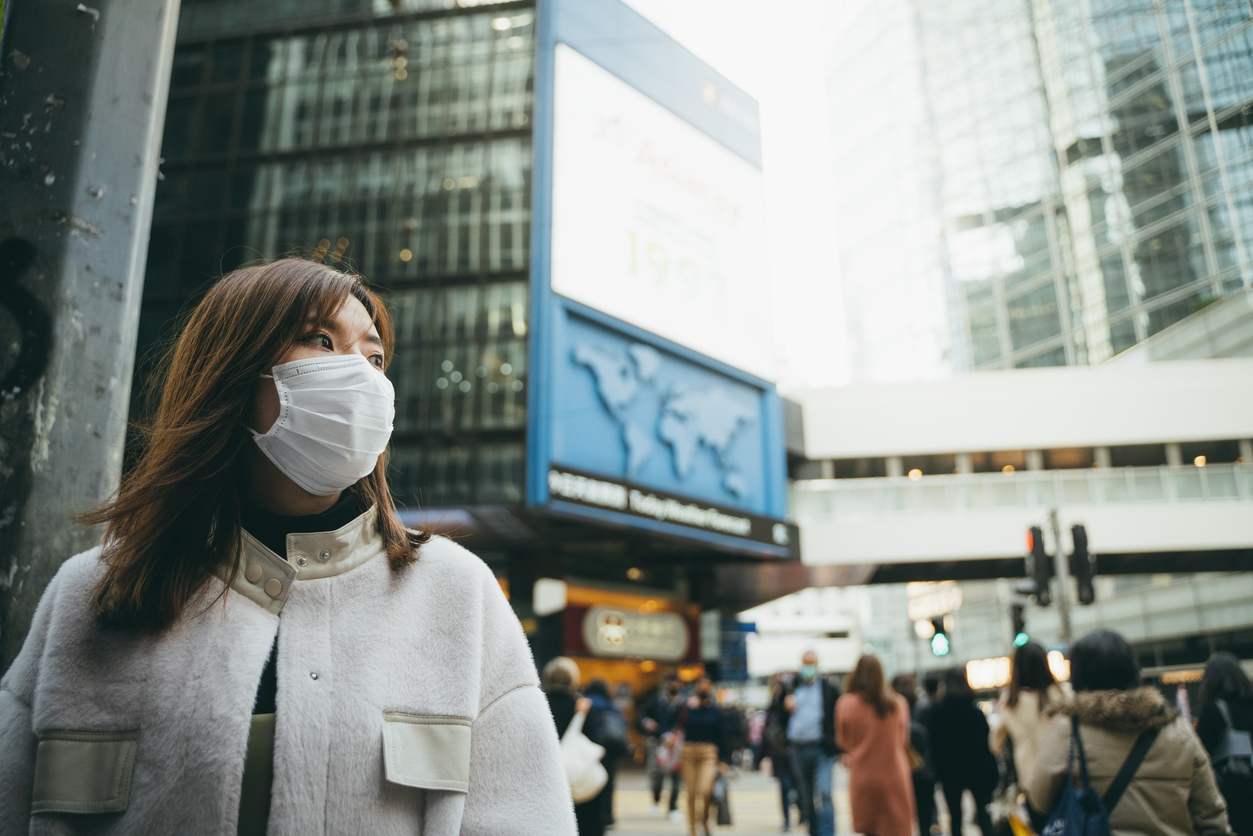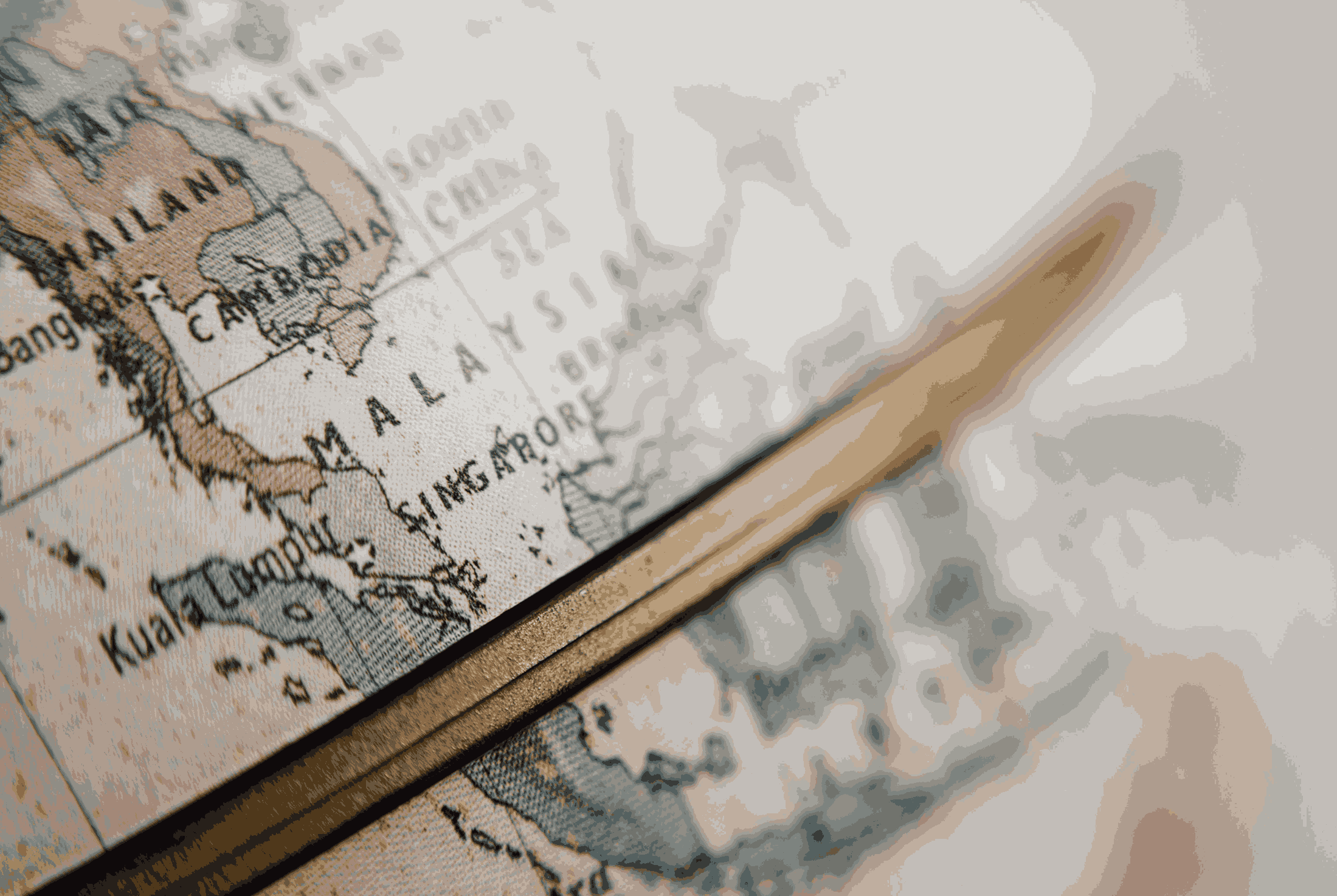Senior Economist for Asia Pacific and Global Trade
Covid policy change
On the one hand, reopening would be synonymous with a spike in death toll and a serious strain on ICU capacities, according to a study published in Nature[1]. Indeed, the Omicron variant presents a mortality comparable to previous waves for non-vaccinated people. In China, the vaccination rate of vulnerable populations is insufficient (less than 70% of older than 60 have received booster shots, and just 40% for 80+), and acquired immunity is non-existent (given low overall infection rate). In addition, the health system is not prepared for the influx of severe cases and the Chinese population is not particularly young or healthy. The example of Hong Kong at the start of 2022, when the death toll spiked, is on everyone's mind.
On the other hand, further lockdowns would aggravate the economic cost. In November, more than half of China’s GDP saw an acceleration in the number of Covid-19 cases, which induced a -11% y/y decline in mobility during the month. These numbers compare with 20% of GDP and -7% y/y in mobility in March-April, the previous serious wave of infections and lockdowns. Ongoing protests also suggest that at least some parts of the population are not ready to go through severe restrictions again. We think that the protests are likely to subside in the coming weeks, as a result of enforced controls from authorities and possible inflections in the sanitary policy.
Chinese policymakers will probably double down on efforts and incentives to vaccinate vulnerable populations. As soon as on 29 November, the National Health Commission announced a plan to accelerate the inoculation of elderly people. Another measure could be to selectively reopen cities with high vaccination rates, or for people who have received three doses of vaccines. Some cities (including Guangzhou and Beijing) have already begun to ease restrictions (reducing PCR testing, allowing home quarantine, etc), despite a high number of new cases every day.
Economical impact
Influence on other countries
What are the consequences for the rest of the world? In recent months, the Chinese economic deceleration, against the backdrop of an unprecedented real estate crisis, has contributed to deflating prices. In the short term, the Chinese consumer will not save the world as in the past, but will not create additional inflation either. In 2023, the stimulus measures should help stabilize demand, but what will really be a game-changer will be the abandonment of the zero-Covid policy. After a few more quarters of difficulties, the rest of the world could benefit from a full return of the Chinese consumer in 2024.



